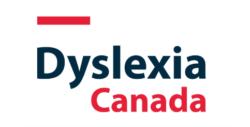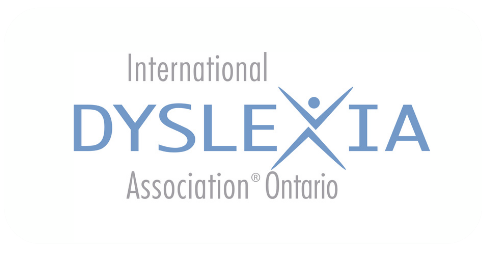Continuum des notions fondamentales de la lecture et de l’écriture
de la 1ʳᵉ à la 4ᵉ année, attente B2
Thèmes
Mots avec irrégularités
Le domaine « Mots avec irrégularités » n’existe pas dans le programme-cadre de Français (2023). Utilisez le menu pour sélectionner un domaine du programme-cadre de Français (2023), ou passez à la version anglaise de onlit.org.
Financé par

Le financement de ces ressources est assuré par le ministère de l'Éducation. Veuillez noter que les opinions exprimées dans ces ressources sont celles d'ONlit et ne reflètent pas nécessairement celles du ministère de l'Éducation.
Financé par

Le financement de ces ressources est assuré par le ministère de l'Éducation. Veuillez noter que les opinions exprimées dans ces ressources sont celles d'ONlit et ne reflètent pas nécessairement celles du ministère de l'Éducation.
© 2023 ONlit. Tous droits réservés.


